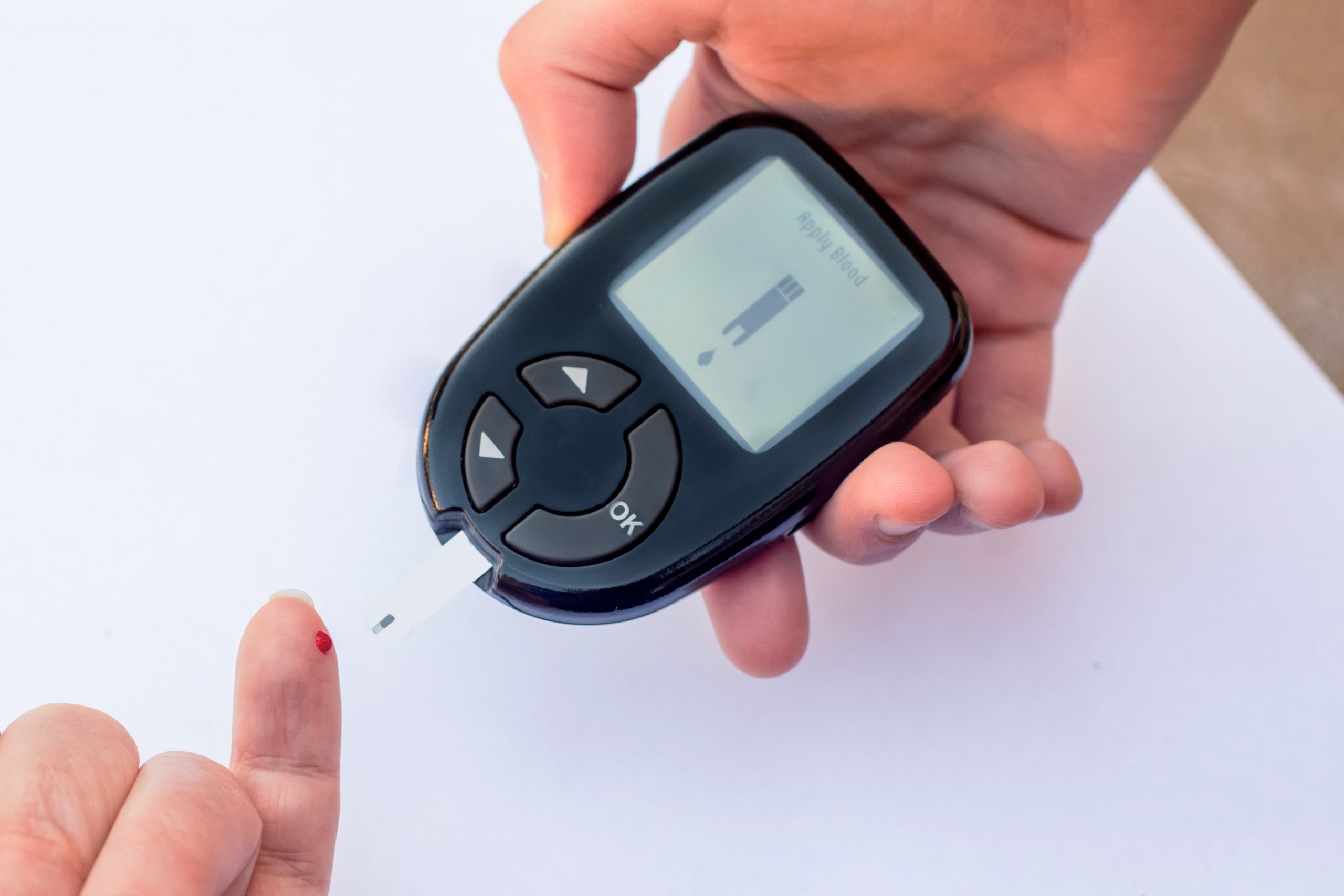
A healthy blood sugar level is vital for the health of all the cells in your body. Elevated blood sugar levels can lead to complications such as nerve, kidney, and heart damage over the long term.
Keeping your blood sugar level under control is the key to living well with diabetes. The proper way to do this is by following a balanced diet and exercising regularly.
1. Dietary Choices
Eating a minimally processed diet is the first step toward maintaining a healthy blood sugar level. It should be heavy in nonstarchy vegetables, fiber-rich fruits and whole grains, and protein from quality meats and fish.
It should also be high in healthy fats like omega-3 fatty acids. Fatty fish, such as salmon and sardines, can help regulate blood sugar by increasing the body’s production of insulin. A high intake of fatty fish can also lower cholesterol and reduce the risk of heart disease, according to research published in June 2015 in Nutrition Science and Practice.
2. Exercise
Exercise helps improve your overall health and reduces blood sugar up to 24 hours after you exercise, according to a study published in September 2017 in Frontiers in Endocrinology.
3. Drink Water and Stay Hydrated
Being dehydrated can make you feel tired, irritable and cranky. In turn, it can impact your ability to manage your blood sugar, says Crandall Snyder. She recommends drinking at least half your body weight in ounces of water per day.
4. Portion Sizes
Choosing healthy portion sizes is the best way to minimize your carbohydrate intake. Carbohydrates are the primary fuel for your body, so eating too much can increase your blood glucose level.
5. Supplements
There are many supplements that can be useful in maintaining a healthy blood sugar. Consult with your doctor to find the right one for you.
6. Monitoring Your Blood Sugar
You should check your blood sugar before each meal, at 1 to 2 hours after each meal, and at bedtime, to keep track of how you’re doing with your blood sugar goal. This can be done with an electronic monitoring system, or you can use your own blood glucose meter to write down the results of each test and bring them with you to your health care appointments.
7. Monitor Your Blood Sugar Before and After Exercising
Maintaining a healthy blood sugar is a combination of eating well, exercising, staying hydrated, and taking your medications as prescribed. It’s a long-term effort, but the results are worth it!
8. Avoid Stress
The body tends to react to stress by producing more of certain hormones and chemicals, which can raise your blood sugar. This can lead to symptoms such as hunger, weight gain, and cravings for sweets and carbohydrates.
If you’re dealing with stress, try yoga, meditation, or exercise to help calm your mind and body. In addition to improving your mood, physical activity can boost the release of insulin and help balance your blood sugar.
